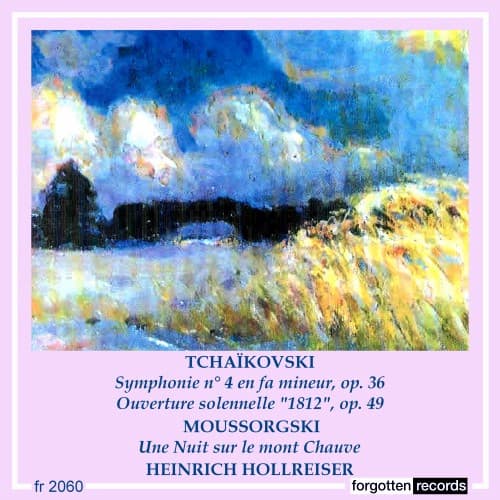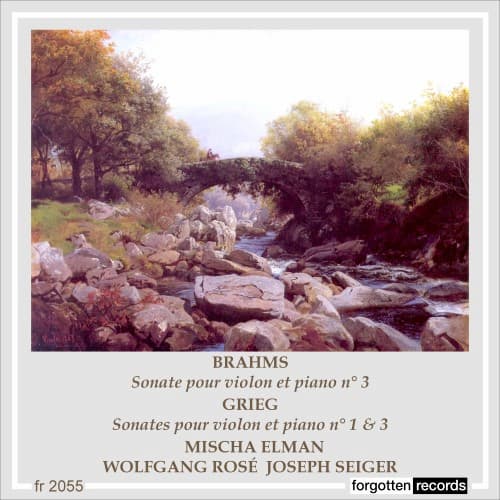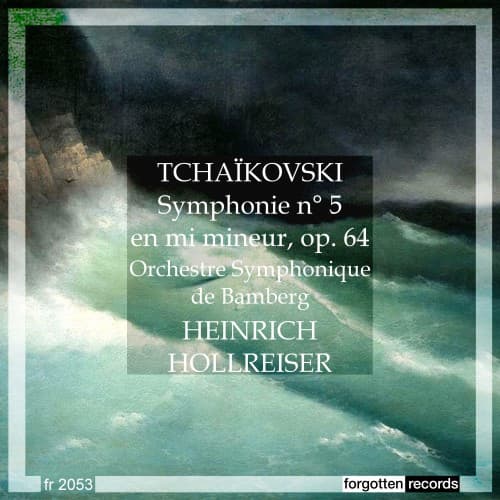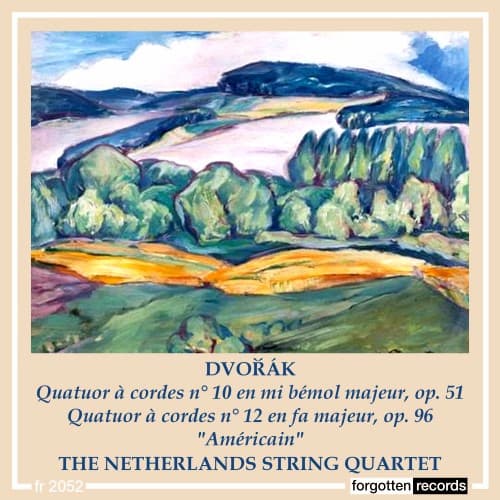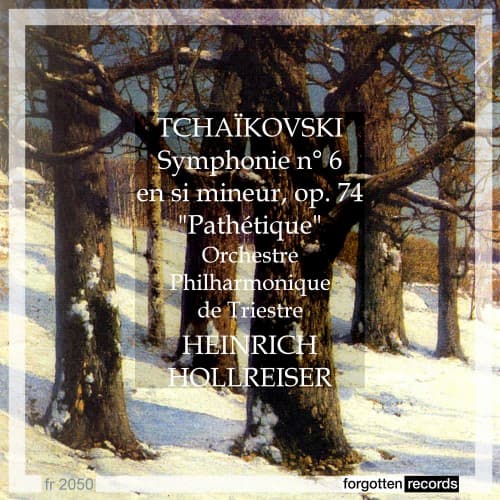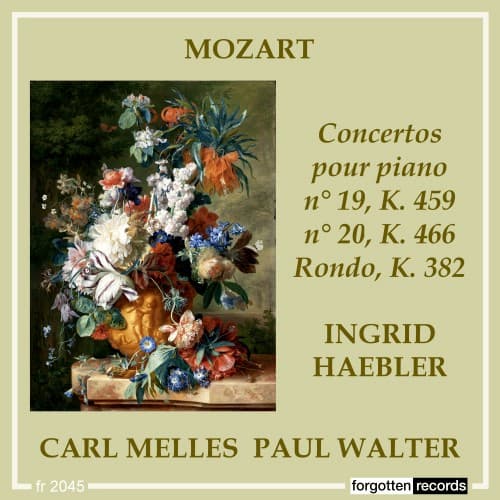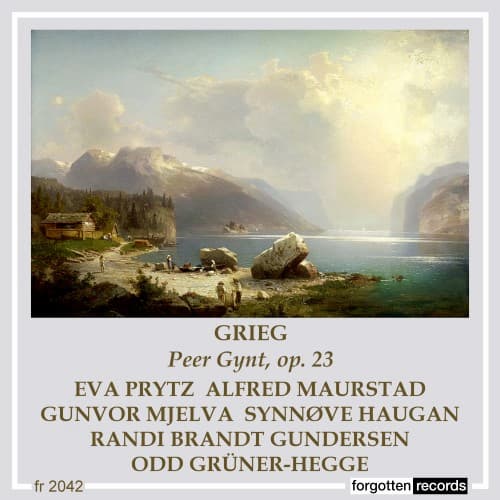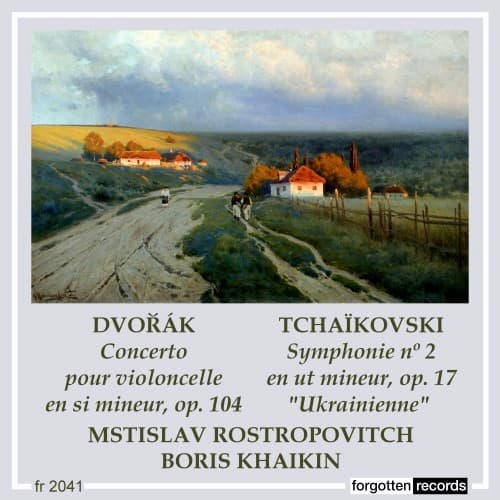Led by the nationalism of Mily Balakirev (1837-1910), the Mighty Handful were a group of dilettantes who deliberately kept out of the academic circles of the St Petersburg Conservatory and were starting to write their own music. That included Nikolai
Forgotten records
Edvard Grieg (1843–1907) viewed his three violin sonatas as representative of his development as a composer. The first (1865) was the young naïve composer, the second (1867) was his nationalistic phase, and the third (1887) represented a wider outlook. This
On first hearing a performance of his fifth symphony in 1888, Pyotr Ilyich Tchaikovsky (1840–1893) decided it was a failure: ‘There is something repellent in it, some over-exaggerated colour, some insincerity of invention, which the public instinctively recognises…’, as he
In his three-year stint (1892-1895) as artistic director of the National Conservatory of Music in America, Czech composer Antonín Dvořák caused a fundamental change in American classical music. As an outsider coming into the New World, he could better appreciate
Pyotr Il’ych Tchaikovsky (1840-1893) wrote his last symphony the same year he died and the work tantalizes the listener: did he write this to a program idea? Why does he seem to refer to Beethoven’s Pathétique Sonata in its opening
In 1773, Mozart completed his Piano Concerto in D major, K. 175, after he had returned from a trip to Salzburg where he was unsuccessful in getting a court position. This is the first concerto of Mozart’s maturity – opening
Henrik Ibsen (1828-1906) wrote his 5-act play Peer Gynt in 1876 and it is still one of the most performed Norwegian plays. It was given its premiere in Christiana / Oslo in February 1876, with incidental music by Edvard Grieg,
When he went to the US in 1891 to become the head of the American Conservatory of Music in New York, Antonín Dvořák’s patron, Mrs. Jeannet Thurber, intended him to be the founder of not only the first conservatory in

